When you hear the phrase fixture vs appliance, it refers to the comparison between permanently installed items and portable, service‑able devices used in a home. Also known as fixed installation versus movable equipment, this contrast helps homeowners decide where to invest time and money. For clarity, let’s also define two main players: a appliance, an electrically or gas‑powered device you can unplug or move, like a dishwasher or fridge and a fixture, a permanently attached component such as a sink, bathtub, or built‑in oven that is part of the building’s structure. Knowing these definitions sets the stage for the practical choices ahead.
First, installation method drives cost and effort. A fixture usually requires plumbing, electrical wiring, or structural work, meaning professional help is often needed and the expense can be high. An appliance, by contrast, is designed for DIY hookup—just plug it in or connect a hose and you’re good to go. This difference influences the repair cycle: fixtures tend to have longer lifespans but once they fail, fixing them can be invasive, while appliances may need more frequent part swaps but are easier to service.
Second, mobility plays a big role in planning a remodel. If you anticipate moving houses, an appliance like a washing machine travels with you; a fixture stays put, anchoring a kitchen layout. This affects resale value too—buyers often look for high‑quality fixtures (think stainless‑steel sinks) as a sign of a well‑maintained property, while reliable appliances add immediate utility.
Third, safety and energy use tie directly to the fixture vs appliance debate. Fixtures that involve gas or water connections demand regular inspections to prevent leaks or bursts, whereas appliances usually have built‑in safety features and clearer energy ratings. Choosing an energy‑efficient appliance can lower your bills, while a well‑installed fixture can reduce long‑term maintenance costs.
Finally, the decision impacts the overall design aesthetic. Fixtures define the visual framework of a room—think of a sleek kitchen faucet shaping the look of the countertop—while appliances provide functional style, such as a retro fridge that becomes a focal point. Balancing both helps create a harmonious space without compromising performance.
Below you’ll find a curated selection of articles that dive deeper into each aspect: from diagnosing boiler issues and resetting water heaters, to understanding oven element swaps and heat‑pump maintenance. Whether you’re fixing a leaky tap or weighing a brand‑new appliance purchase, the insights here will guide you through the practical side of the fixture vs appliance conversation.
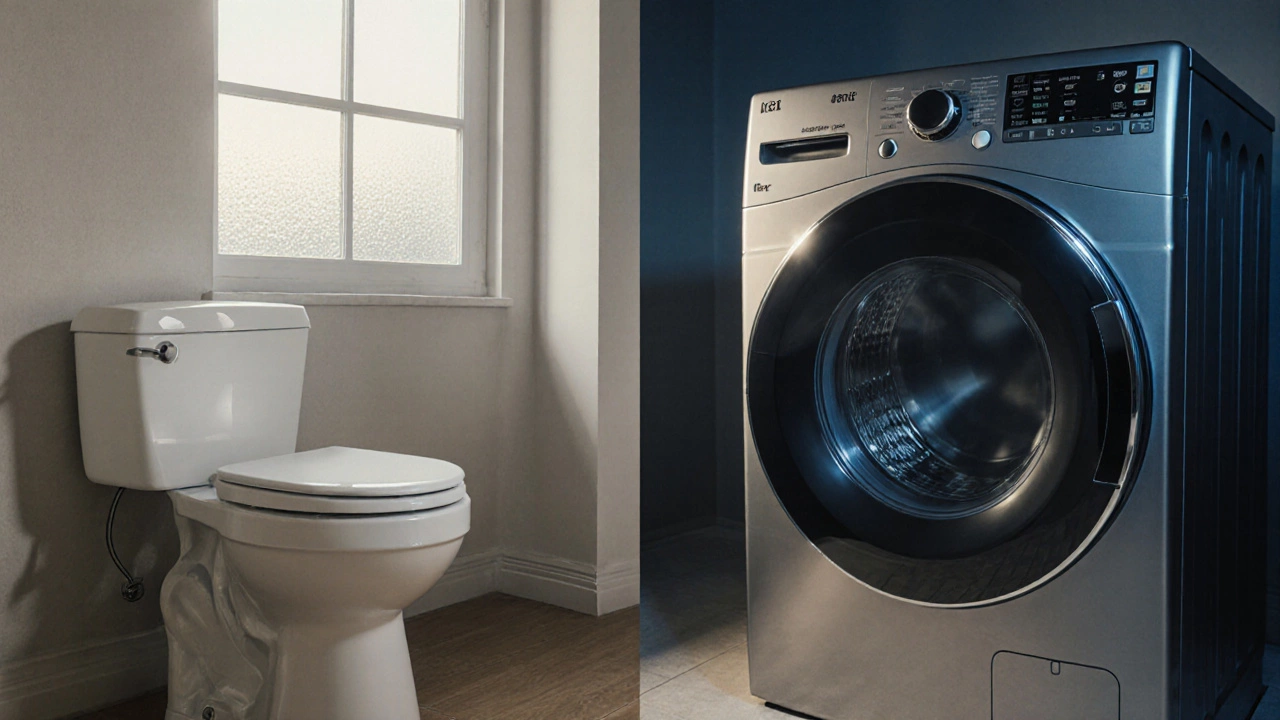
Learn why a toilet is classified as a plumbing fixture, not an appliance, and how this impacts warranties, insurance, and repair choices.
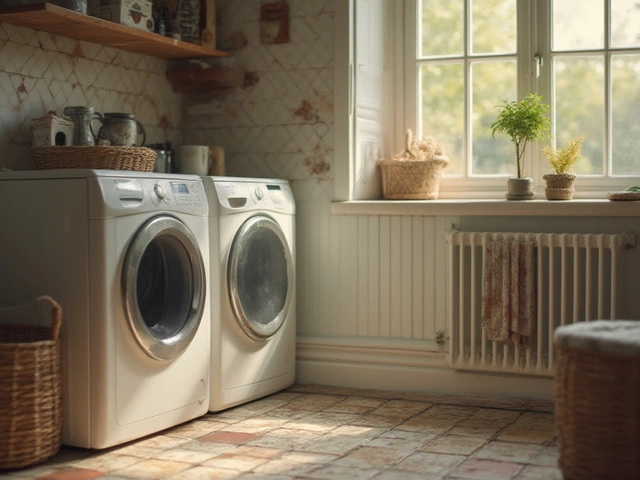
Is your washing machine considered old? Learn the real lifespan, signs it's aging, and pro tips to keep it running longer. Get real facts and advice from an expert.
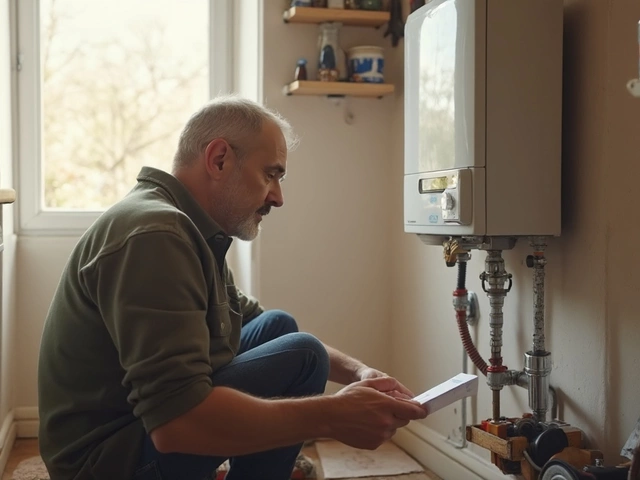
Thinking about handling your own boiler service? Get the truth about what you can and can’t do, why safety matters, and which tasks are okay for homeowners. This article covers legal restrictions, common mistakes to avoid, and practical tips for everyday boiler care. Learn how to spot problems early and when it's really time to call a pro. Save yourself headaches, money, and maybe even a major disaster by knowing the facts.
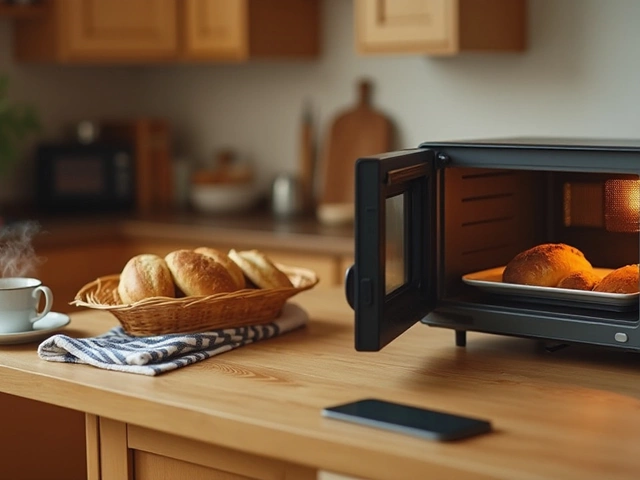
Microwave ovens are essential appliances due to their convenience in heating food. However, they can encounter several problems over time. The most frequent cause of microwave failure is a faulty door switch. This article discusses common microwave problems, how to identify them, and offers practical guidance on how to handle these issues.
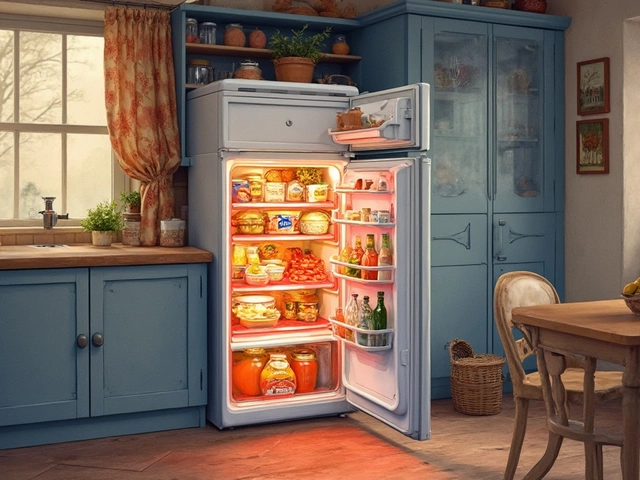
Understanding what usually fails in a fridge can save you time and money. This article explores common issues like malfunctioning thermostats, compressor problems, and leaky seals. Learn helpful tips for diagnosing and possibly fixing these issues yourself. Knowing when to call a professional is also crucial in the life of your fridge.
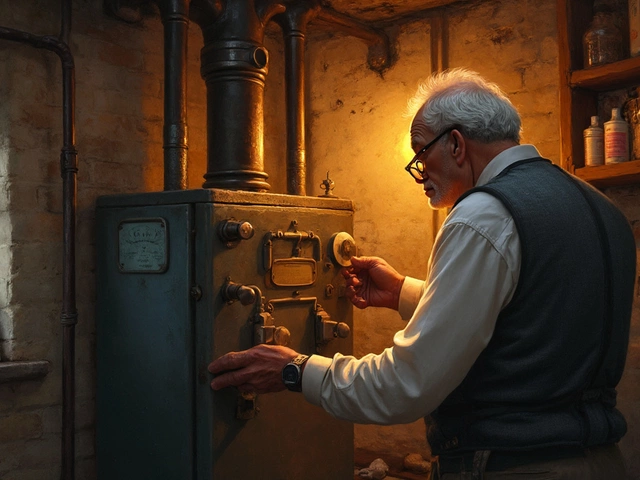
Boiler lifespan can vary greatly depending on usage, maintenance, and type. On average, boilers last anywhere from 10 to 15 years. Regular maintenance is key to prolonging the life of your boiler and ensuring it functions efficiently. In this article, discover how to keep your boiler in top shape and when it might be time to replace it.